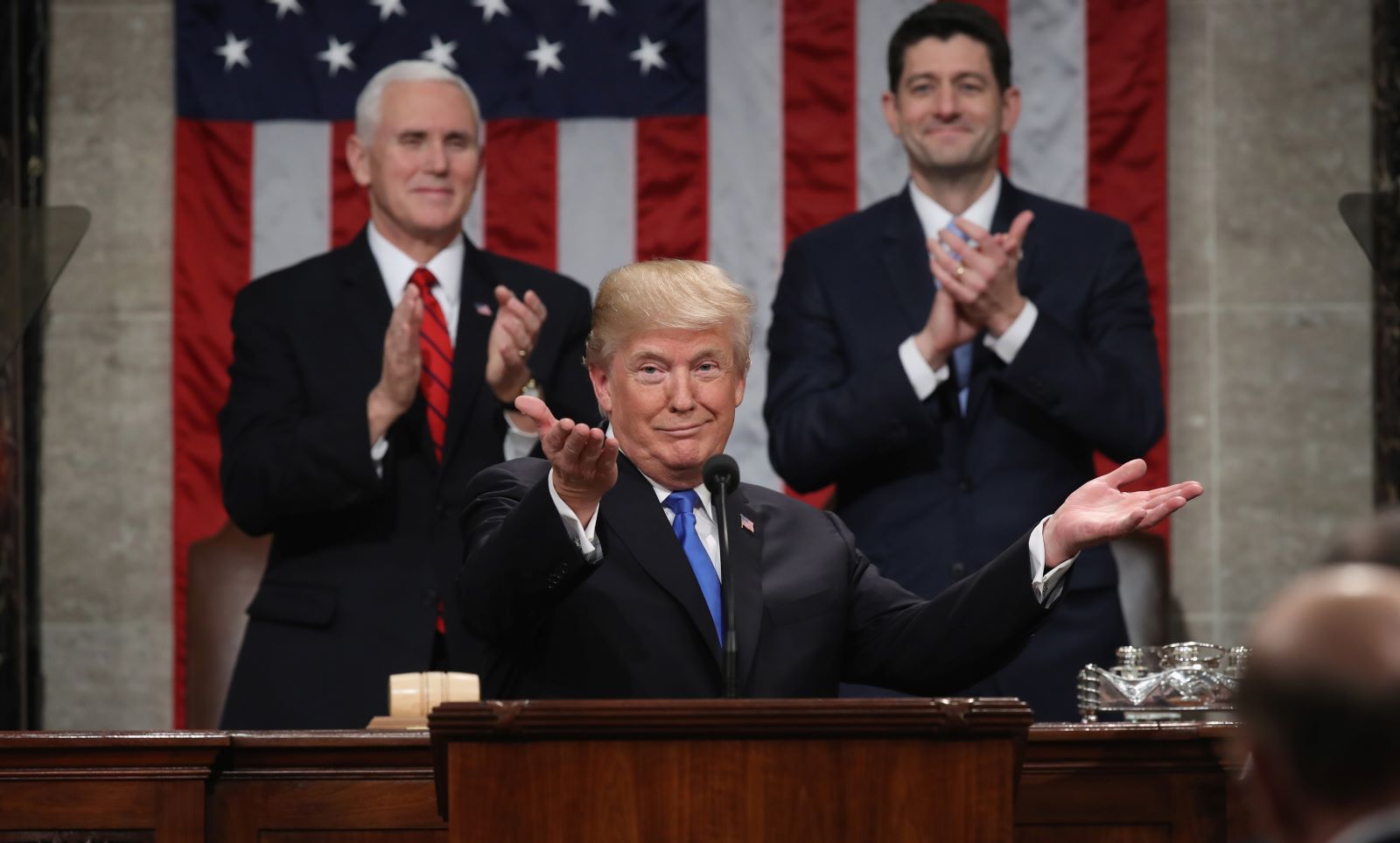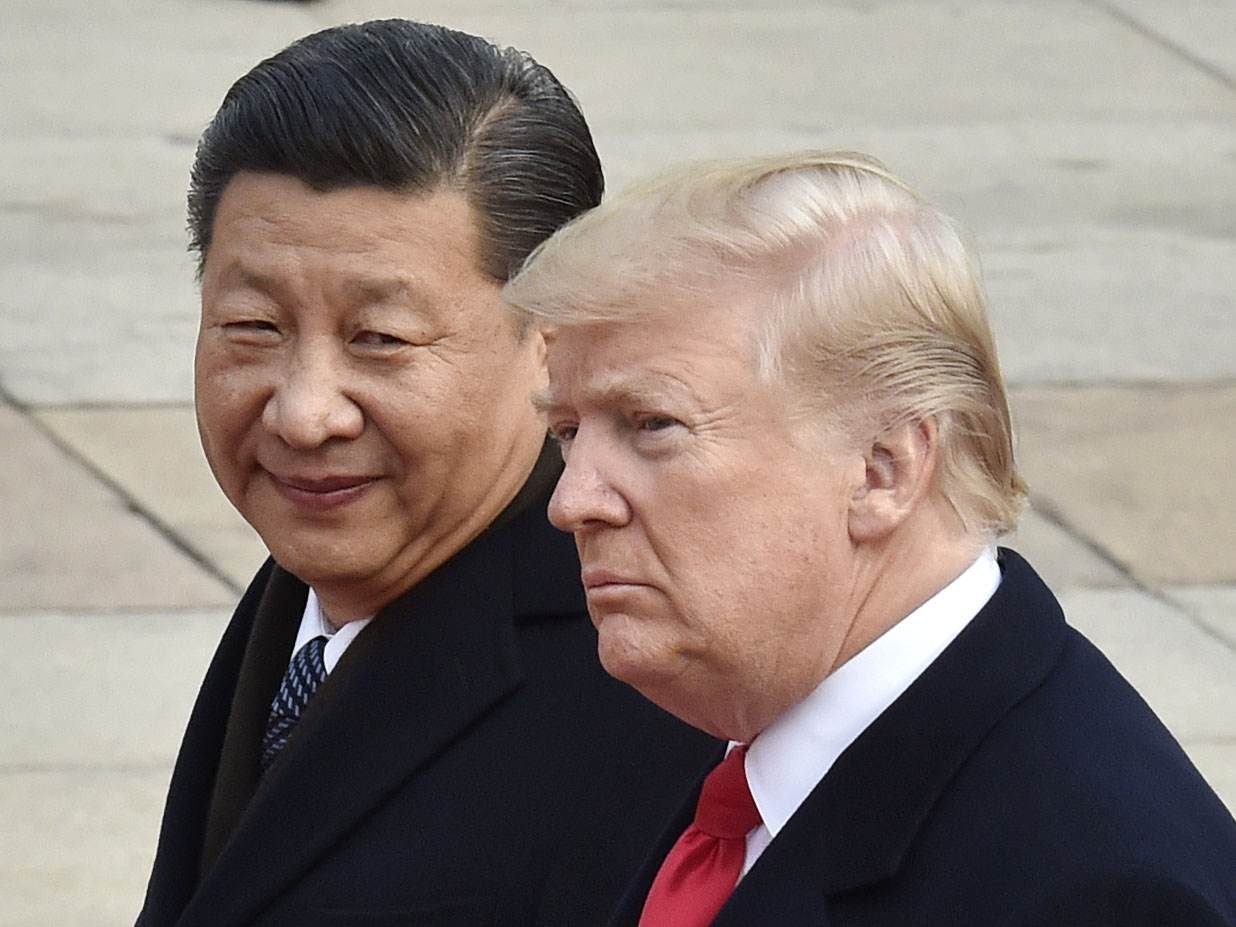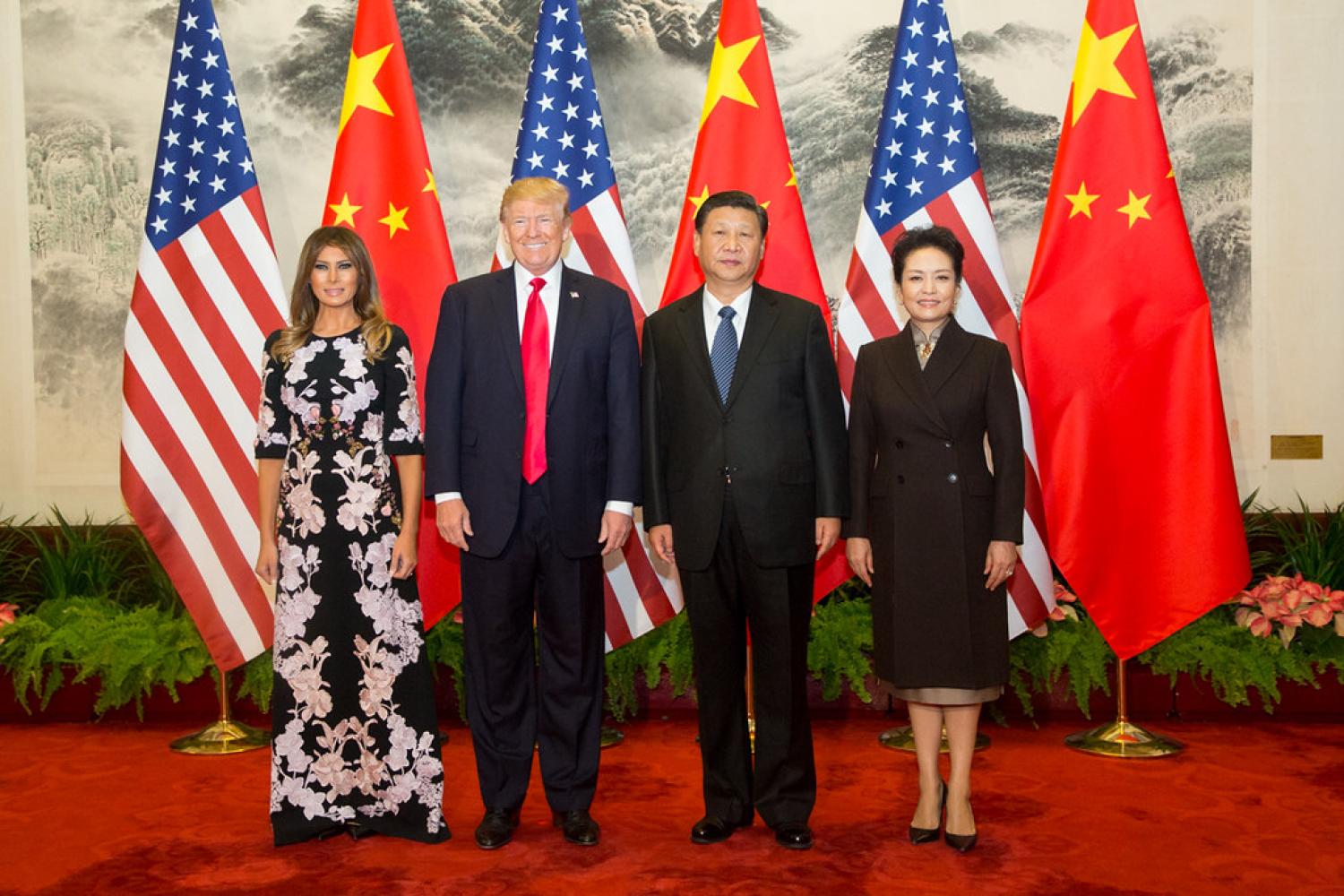It is said that no one can fully understand China. Lately, that oft-repeated axiom has seen a new iteration: no one can fully understand the affection and admiration that so many Chinese people seem to feel for US president Donald J. Trump.
This mystery has long been a source of bewilderment for me. I’m no fan of the man. My general feelings towards the bellicose bronzed baby-president have fallen somewhere in between bemusement and horror since the day he announced his candidacy in 2015.
However, I can understand the mindset of the Americans who have been drawn to him. I grew up in a very conservative part of Michigan, yet every year since 1992 the state overall went to the Democratic candidate until swinging for Trump in 2016. In the popular middle-American mindset, in which evangelical Christianity and right-wing nationalism are often tightly intertwined, Trump, for all his faults, is seen as a defender of this group’s culture, values, and interests.
What is appealing about Trump is not necessarily his American nationalism, but the fact that he confirms their scepticism of liberalism and resentment towards those who insist on liberal values.
It’s hard to see how this context would apply to Trump’s Chinese fanbase. And yet, they seem to be a loyal and passionate contingent. Browse through the Chinese question-and-answer forum Zhihu, and Trump-related topics contain a substantial number of pro-Trump comments, if not a majority. In the run-up to the 2016 election, Kaiser Kuo, well-known China-watcher and host of the popular Sinica podcast penned a piece for the outlet SupChina articulating his own confusion over why so many Chinese-born immigrants to the United States seemed to be disproportionately on the Trump train. He put together a few theories based on some trends he observed, including opposition to the affirmative action policies of US universities, social conservatism, and resentment of Hillary Clinton’s hawkish promotion of liberal hegemony.
While in China for the 2016 US election myself, I saw some similar themes among the Chinese public. Chinese state media had long portrayed Clinton in an unfavorable light, and this was evident among even the cleaning staff at my office, who, when learning that I was American, would gladly give me an earful expressing their distaste for her.
However, it was the wealthier individuals, mostly working in the private sector, from whom I noticed a more full-throated support of Trump, rather than simply a dislike for Clinton. At the time, I worked in human resources for a growing Chinese tech firm with a sizeable presence in the US. In the weeks leading up to the election, there were a number of instances in which I felt compelled to encourage some of the company’s top executives (all of whom were Chinese) to remove pro-Trump content that they had posted to social media, due to the myriad complications that could arise from such public promotion of a US presidential candidate. After Trump won the election, my HR colleagues and I felt the need to ask one department head to remove images he and his team were sharing online that included Trump quotes, the phrase “tough guys share the same values,” and our company logo.
The following year I spoke with a mentor of mine, a professor at the prestigious Peking university, who leads a mid-career executive education program. He mentioned a clear trend of support for Trump in the group, especially among the male executives and entrepreneurs.
When I brought up the apparent contrast between Chinese entrepreneurs’ admiration for the man, and the public disdain expressed by well-known American businesspeople like Jeff Bezos, Howard Schultz, and Michael Bloomberg, he replied that Trump is viewed by many in the US as having succeeded inappropriately in both business and politics, by lacking integrity, being dishonest, and by not playing by the rules. However, he explained, few, if any of the Chinese entrepreneurs in his program achieved what they did by playing by the rules.

Indeed, much of the Trump success story would resonate with Chinese businesspeople who made their fortunes in the country’s go-go years of the 2000s. Trump’s real estate wheeling-and-dealing, corruption, reputation for not paying contractors, and propensity to talk a big game regardless of whether he can back it up, are quite consistent with the paths to success that at least some of these people have taken (see, for example, fugitive Chinese billionaire and pal of Steve Bannon, Guo Wengui).
What is also often shared among this cohort and Trump is taste, and a sense of being rejected by the elite establishment. Trump’s gold-laden Manhattan penthouse could just as easily be imagined as the home of a Chinese entrepreneur with newly-found wealth. In fact, the Chinese term tuhao jin (土豪金), or “new money gold” refers specifically to the shiny gold color that seems to disproportionately adorn the products of those who seem to be trying just a little too hard to show how much money they have.
Many Chinese entrepreneurs could also probably identify with Trump’s obsession to be revered and respected as a member of society’s elite, and his resentment at not quite being part of it. Despite frequently mentioning his degree from The University of Pennsylvania’s prestigious Wharton School, he did not, as many assume, earn an MBA, but rather received a bachelor of science degree in economics from the school after transferring from Fordham University his junior year. His name is reportedly listed among “students not photographed” in the school’s 1968 yearbook, and according to the Washington Post he was known to spend most of his weekends at home in New York City.
His fourth-grade vocabulary, his preference for eating his steak well-done with ketchup, and an insistence on receiving his information from cable news doesn’t exactly indicate a cultural association with the world’s educated elite, and he has long been the butt of jokes because of that. Yet, the resentment of being rejected from elite spheres often appears to be a source of motivation for the man. Trump’s desire to run for president in 2016 reportedly was spurred by his experience at the 2011 White House Correspondents’ Dinner, the annual black-tie gala attended by members of the highest echelons of Washington politics and media. At the event, Trump was skewered publicly by both then-president Obama and comedian Seth Meyers, a supposedly embarrassing moment that he reportedly did not take lightly.
This is an experience that may not be entirely foreign to China’s nouveau-riche, a group who at once seem to fetishize the markers of the global elite while at the same time resenting the discomfort that these are not native to them. Luxury brands are intensely coveted, and small fortunes are spent on etiquette classes and equestrian lessons, as if pursuing a caricature more reminiscent of Downton Abbey than real life. Business executives and political leaders alike obsess over the size and ability of their educational institutions and tech firms, and how they stack up to others on global rankings.
Yet, for all their successes, the respect that they so desire from the members of the world’s elite seems elusive. Their business practices are often deemed to be illegitimate, resulting from a Chinese economic and political system stacked in their favor, or from theft of intellectual property, corruption, or fraud. And while these accusations may be true in many instances, these entrepreneurs will say that they simply did what they had to do in order to be successful.

In this way, the “Trump-style” ascent to fame and power that is so often criticized for its ethical depravity is something that Chinese entrepreneurs can understand. They’ve perhaps lived and seen similar stories. They are far less likely to identify with that of Barack Obama, the man whose success story involves time as a community organizer on the south side of Chicago, a book about the complexity of race in America, and being embraced as the darling of the elite in large part because of how he speaks about and lives out liberal ideals.
In authoritarian China, the Barack Obama story does not and cannot happen. Trump-like stories, however, are common.
For supporters in China, what is appealing about Trump is not necessarily his American nationalism, but the fact that he confirms their scepticism of liberalism and resentment towards those who insist on liberal values. This is reflected in the popularity in recent years of the term baizuo (白左), literally meaning “white left,” and used in many cases to insult ethnically Chinese individuals who possess a liberal perspective, with the not-too-subtle implication that they are, by seeing the world through that lens, somehow a traitor to their race.
As president Trump’s foreign policy has shifted to being far more aggressive towards China than his predecessors, I’ve noticed that some of my Chinese contacts who vocally backed him in 2016 have become quiet in their support, but surprisingly, many still stand by him. Some hope that Trump will push China’s Communist Party to adapt more market-oriented reforms, or to relax an anti-corruption campaign that undoubtedly keeps many Chinese businesspeople up at night.
However, I tend to favour an explanation that seems consistent among Trump fans across the world. As the man famously said himself, he could shoot someone in the street and his supporters would still love him. That seems to be true in China as well as America.

